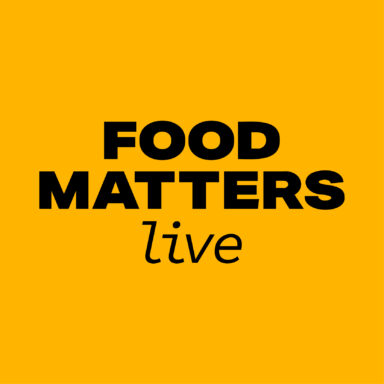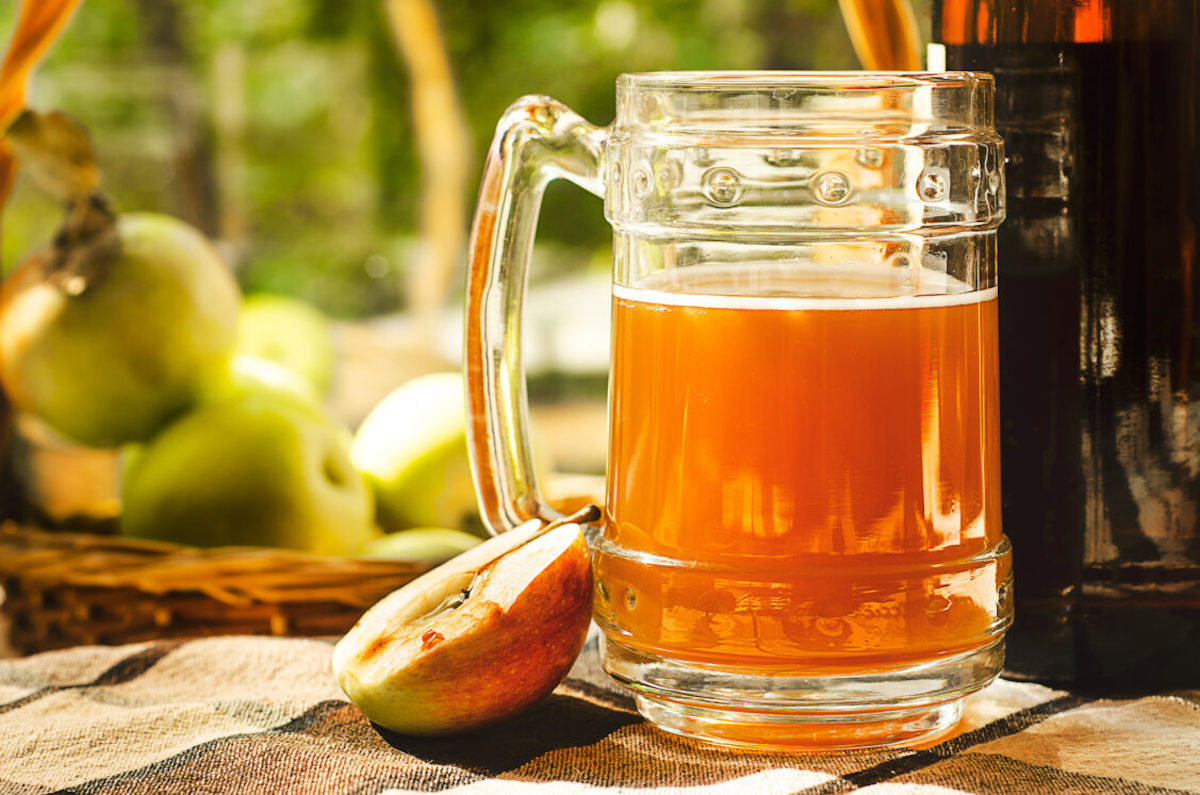Is beer vegan friendly? Your complete guide to beer

According to 2019 statistics, the number of people following a vegan diet in the UK more than quadrupled between the years 2014 and 2019.
In 2014, it was estimated that around 0.25% of the population at the time, around 150,000 people, followed a vegan diet; and that number increased to over 600,000 in 2019 – which is about 1.21% of the population at the time. That’s a huge increase, and it would be remiss of food manufacturers to not create products that would tailor to, and profit from, this hefty demographic.
A vegan diet is one that excludes all products derived from animals – this includes meat, dairy, eggs, and even honey. Many vegan diets also omit the inclusion of any byproducts that come from animals or insects, including those which are used during food processing operations.
For vegans, finding alcohol that they can consume can be a tricky feat. This is because alcohol manufacturers aren’t typically required to list their full ingredients on labels for beer, wine, and spirits.
So, is beer vegan? Is beer vegetarian? If not, what beer is vegan? Is there vegan beer available in the supermarket? These are all questions that we aim to answer within this article by highlighting non-vegan ingredients that you should keep an eye out for when purchasing beer as someone practising a vegan diet.
Why is beer not vegan? Common non-vegan ingredients found in beer
Many alcoholic beverages, including beer, are actually vegan. However, this is not the case for every drink on the market. This is because animal products may be used during the actual production of beer in order to create the drink, or as ingredients within the beverage itself.
Did you know that animal-derived products are often used as fining agents? A fining agent is a kind of substance that helps to filter out any impurities within a liquid and improve the clarity, flavour, and aroma of alcohol – making for better flavour and smell sensations and visual attractiveness.
Some examples of non-vegan products and fining agents that are frequently used in alcoholic beverages include, but are not limited to:
Milk and cream:
This kind of dairy product can sometimes be added to certain beers in order to develop a rich and creamy flavour.
Whey, casein, and lactose:
These milk byproducts are sometimes used as ingredients within the product itself, or as fining agents.
Honey:
Fermented honey is used to make mead, and is also frequently used as a natural sweetener in other alcoholic beverages.
Eggs:
Protein within egg whites, also known as albumin, is often used as a fining agent in some kinds of alcohol.
Isinglass:
This is a popular fining agent in many types of alcohol which is derived from fish bladders and swim bladders.
Gelatin:
Not only is gelatin used to make jelly, desserts, and used in other forms of cooking, but it is also frequently used as a fining agent. Gelatin is obtained from animal skin, bones, and cartilage.
Cochineal and carmine:
Carmine is a red dye that is created from cochineal – a type of scaly insect. Carmine is often added to some alcoholic beverages for colour.
Chitin:
Most often used as a fining agent in many beverages, chitin is a byproduct of insects or shellfish. However, vegan versions do exist.
What is a vegan beer? Your guide
Is all beer vegan? The four primary ingredients found in all beers are actually vegan. These ingredients are water, a grain like wheat or barley, yeast, and hops – a kind of flower that delivers the distinctive bitter taste to the beer itself. Yeast, when used for beer brewing purposes, ferments and digests sugar molecules from the grain ingredient in order to produce the alcoholic aspect itself.
So, what beer is not vegan? Breweries that include animal products and ingredients in the production process are often used for clarifying beer, enhancing the flavour, or adding colour to the beer itself; meaning that these beers are not vegan. Thankfully, most of the commercially available beers from well-established breweries are actually vegan.
Some of the most popular vegan beers include, but are not limited to:
- Heineken
- Guinness Draught and Guinness Original XX
- Budweiser and Bud Light
- Coors and Coors Light
- Corona Extra and Corona Light
Please keep in mind that this is not an exhaustive list of all the vegan beers available out there. There’s a huge range of vegan options on the market, and this does include many craft beers from craft breweries that include vegan status on their product label.
If you have a favourite craft brewery that doesn’t have obvious vegan markings, we highly recommend getting in touch with them to find out if their products are vegan – you may be pleasantly surprised!
Is lager vegan?
Thankfully, all is not lost for lovers of lager, as many of the mainstream brands found readily available in your local supermarkets are indeed vegan. So, what lager is vegan? Vegan lagers include, but are not limited to:
- Stella Artois
- Peroni
- Corona
What beer is not vegan?
Any beer that has been brewed with ingredients that are animal-derived, such as isinglass or gelatine as a fining agent, will not be vegan. Due to the fact that these ingredients are often not included on their ingredient labels, it can be difficult to tell whether or not certain breweries’ beers are vegan. Even more confusing, some breweries offer both vegan and non-vegan options.
Although there are exceptions to the rule, generally, these kinds of beers are typically not vegan. These include:
- Cask ales: Is real ale vegan? Also known as real ales, cask ales are a traditional type of British brew that typically uses isinglass as a fining agent.
- Honey beers: Many breweries use honey as a natural way to add sweetness and flavour to their brew. Any beer with ‘honey’ on the label is most likely not vegan.
- Meads: Still on the topic of honey, mead is a beverage similar in style to beer which is made with fermented honey. As honey is not vegan, mead is not vegan.
- Milk stouts: Although vegan alternatives do exist, typical milk stouts will use whey or lactose in their creation.
Is beer vegan friendly? How to find out what beer is vegan
The route to finding vegan alcohol isn’t always a simple or straightforward one. In the UK, Europe, and the US, it is not mandatory for alcohol brands to list non-vegan ingredients in the drinks they produce – even rarely listing fining agents on their labels as they may have been used during processing and later removed.
A few of our top tips for finding vegan alcohol include:
- Asking the manufacturer: The most definitive method of determining whether or not a product is vegan is to ask the manufacturer themselves. Company websites typically provide contact information, so shoot them an email or give them a call and ask.
- Looking for vegan symbols: Although not required, some companies do include vegan symbols on their alcoholic products available in shops.
- Looking for allergens: Milk, eggs, fish, and shellfish are common allergens, and many companies voluntarily list any major allergens in their alcoholic products. However, it is not required by law to list these within product labels for alcohol in the UK.
- Find resources online: Some websites have extensive catalogues which detail the vegan status of a huge number of alcoholic brands and beverages.
If you are still unsure whether or not a product is vegan, it is probably best to avoid that specific product altogether.








